Making a Difference: Education for Refugees
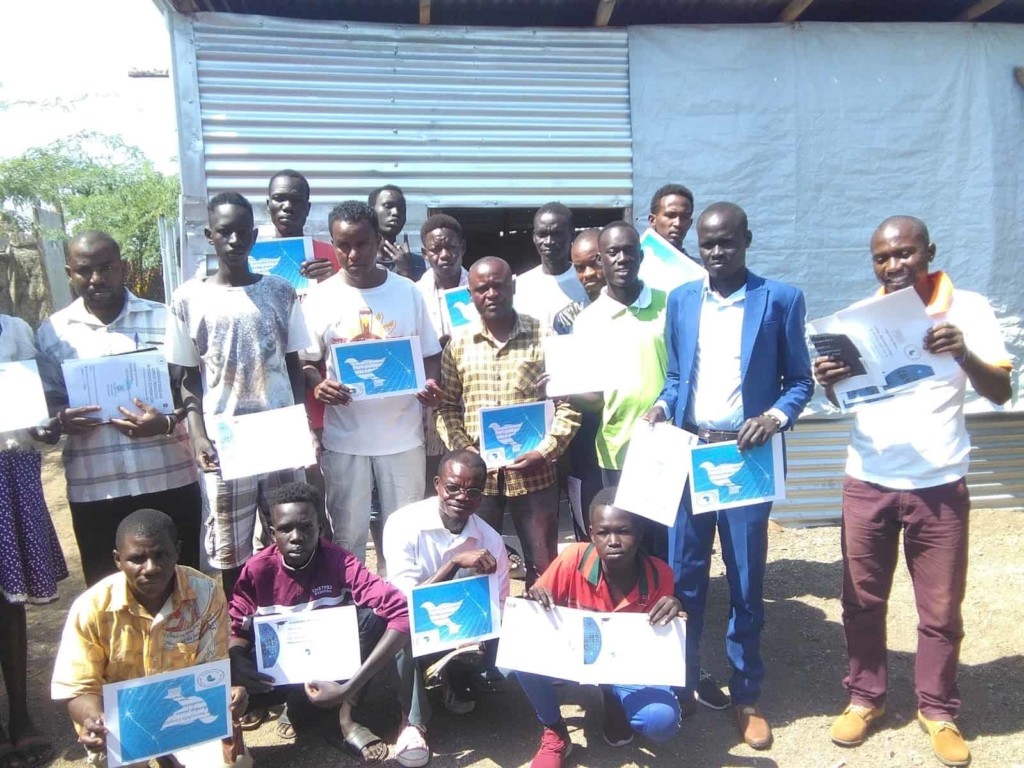
According to the United Nations refugee agency, UNHCR, there are 80 million people in the world forcibly displaced from their homes. For more than half, it means losing their country as well. That’s more than the total population of the southwest United States including California, Arizona, New Mexico, and Texas combined. 26 million of these people are refugees, and half of them are under the age of 18. In the greater Middle East, Syria, Afghanistan, and South Sudan account for nearly 12 million people who have lost their homes to conflict or persecution.
When Dr. Ilene Winokur, a lifelong learner, and educator moved from the US to the Middle East with her partner in 1984, she didn’t expect to make a career out of educating displaced people and their children. But that is what she has made her life’s mission. In fact, she was a refugee herself, fleeing to Spain in 1990 during the Kuwait war, and knows first hand the disruption and loss of making such a choice in the face of danger and unrest.
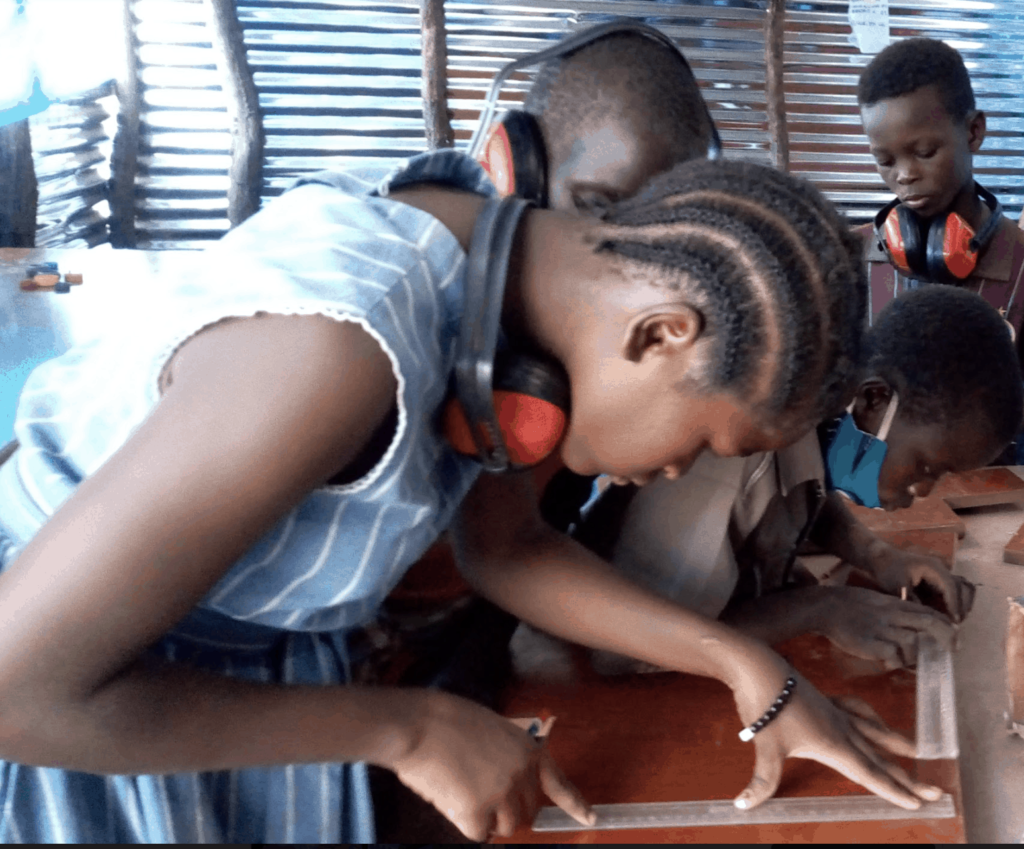
Yet in the midst of momentary exile herself, Ilene taught and later acted as principal of a private school before continuing to a university in Kuwait, where she became much more aware of the plight of refugees on the move. For the past five years, she has quietly and intently worked as a dutiful problem-solver for the brutal effects of these hard regimes and militarized occupations. She has focused upon the need for these displaced children to have access to a quality learning experience in order to avoid losing hope or, even worse, becoming potential recruits for the leaders of those movements. For three decades, Ilene has served as an education advocate and practitioner spanning the gamut from early childhood through higher education, teaching young learners and equipping practicing educators alike.
Her influence spread from those she served directly in Kuwait to other nations in the area as she built partnerships with locals who caught her passion for keeping our hearts and minds open to each other to find solutions after such disruption and chaos.
Staying involved even in retirement, Ilene is currently working with founders of community-based and refugee-focused organizations and also international NGOs serving the needs of 200,000 refugees in Kenya’s Kakuma refugee camp. With a resettlement rate of only 2-3%, Ilene has been working for some time with emerging leaders in the camp, as well as those who have been there since 2011, and some who have lived here even longer. The camp was founded in 1992 after the “Lost Boys of Sudan” were relocated to the region, a total of 20,000 displaced young people from the Second Sudanese Civil War and a story which reached the whole world with the 2003 film of the same name.
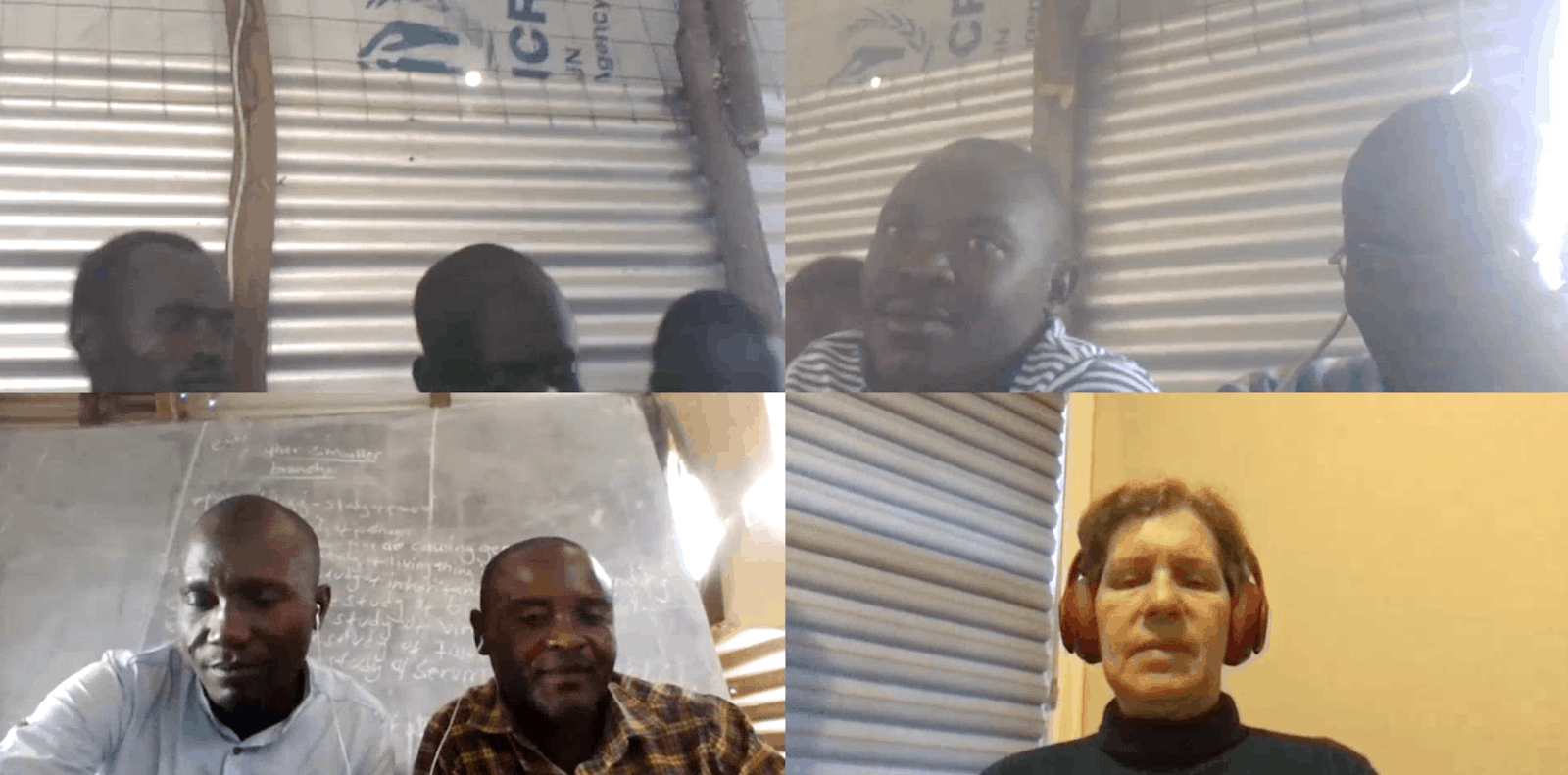
In short, she’s a difference-maker. Ilene has turned the dire outcome of a global refugee crisis into an opportunity for community building through education and leadership and has done so while staying connected to the education field at large. Her prior role as ISTE’s president of the Global Collaboration Network afforded her insight into the right technology for her work empowering students in refugee camps. She’s still working to get access to quality content and continue learning as these children and their guardians await the chance to return to their homes or relocate to a more stable location, even if it is in another country. Her collaborators even offer microloans and mentoring to empower women in the camps to start their own businesses and fend for themselves.
While US educators are being stressed to the limits with the pandemic disrupting face-to-face instruction and revealing how underprepared we’ve been as a field, Ilene and those she continues to mentor are innovating learning design for learners of all ages and building maker spaces and their families as well. With calm and humility, she offers that “…it’s an example of what education can be, especially in those situations with 80 million people on the move in refugee camps or resettled elsewhere and unable to return.”
For more, see:
- How Portable Learning Records Will Unlock Education and Employment Opportunities
- 8 Tech Tools for Teachers
- Academic Magnet High School is on a Mission of Excellence Through Creating Opportunity for All
Stay in-the-know with innovations in learning by signing up for the weekly Smart Update.


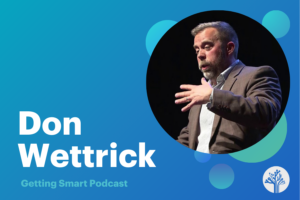
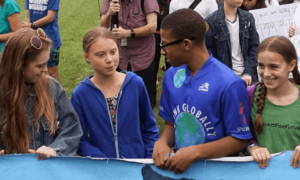

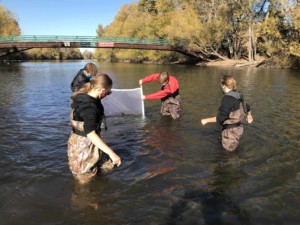
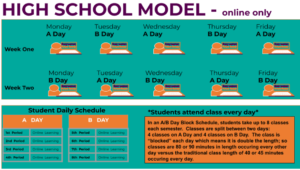
0 Comments
Leave a Comment
Your email address will not be published. All fields are required.